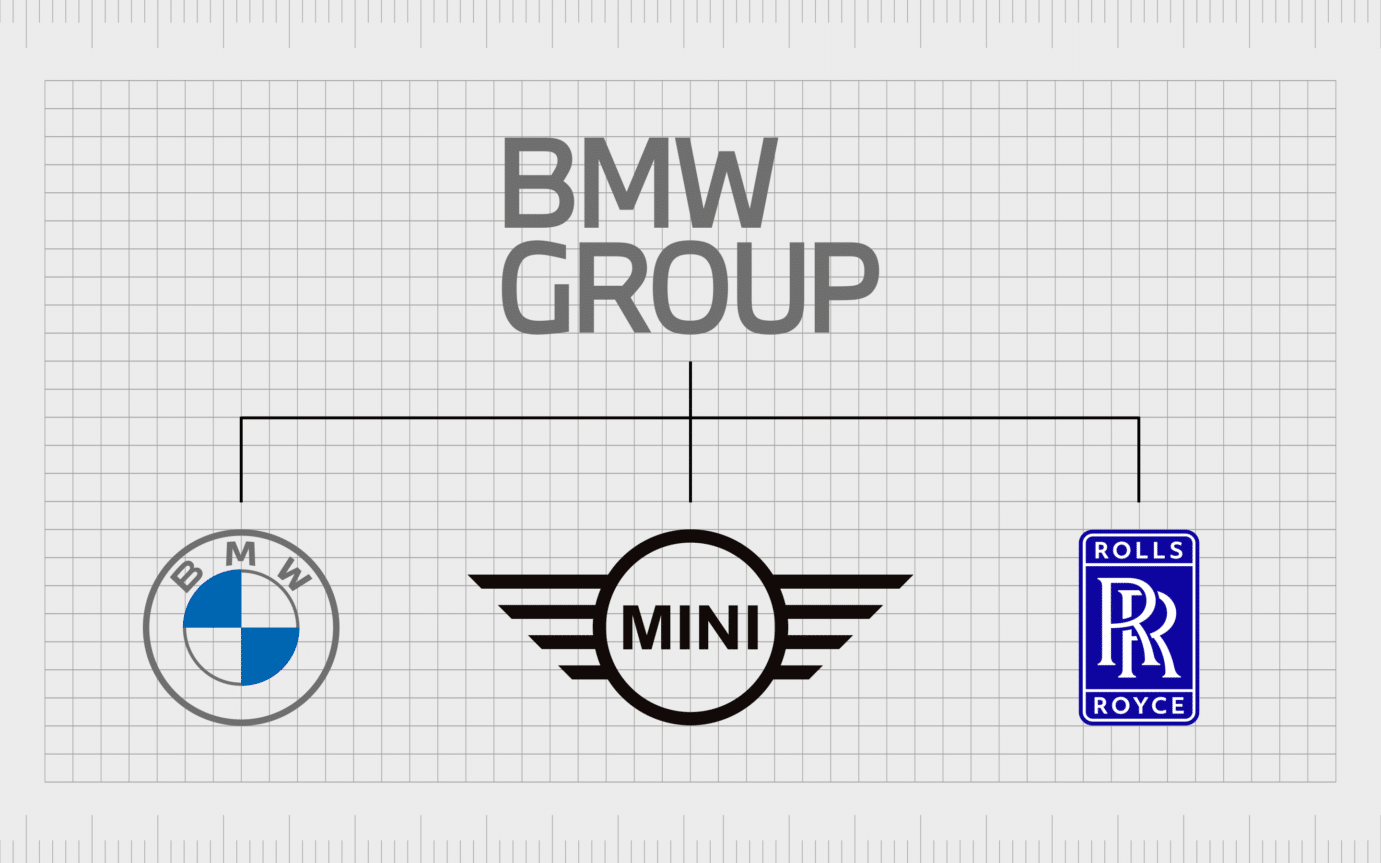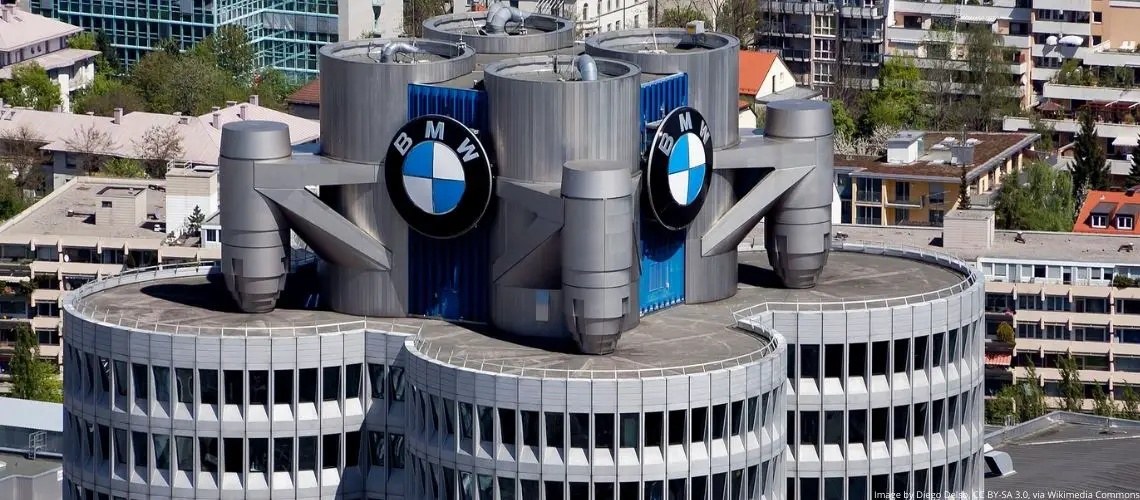Ever wondered who truly holds the keys to the iconic Bavarian Motor Works, the powerhouse behind those sleek, high-performance vehicles that grace roads across the globe? The ownership structure of BMW is a fascinating blend of family legacy and public investment, a story that has shaped the brand's destiny and continues to influence its future.
Delving into the intricacies of BMW's ownership reveals a complex yet compelling narrative. The company, officially known as Bayerische Motoren Werke Aktiengesellschaft (AG), operates as a corporation, emphasizing that it is owned by shareholders. This structure is a testament to its evolution from its humble beginnings as an aircraft engine manufacturer to its present status as a global automotive leader, specializing in luxury and performance cars. Beyond the shiny exteriors and innovative technology, lies a compelling history marked by familial influence, strategic partnerships, and the relentless pursuit of automotive excellence. Its story provides valuable insights into corporate governance, the impact of family-owned businesses, and the evolution of the automotive industry itself.
A significant portion of the ownership is held by the Quandt family, who played a pivotal role in saving the company from the brink of bankruptcy in the 1950s. Their influence remains paramount, underscoring the enduring legacy of a family that not only rescued BMW but also propelled it to international prominence. Their stake, coupled with the holdings of various institutional and public investors, contributes to BMWs dynamic ownership structure.
| Category | Details |
|---|---|
| Name | The Quandt Family |
| Relationship to BMW | Largest shareholder |
| Stake | Approximately 50% of the company |
| Key Role | Rescued the company from bankruptcy in the 1950s and expanded it into a global automotive group |
| Notable Members | Herbert Quandt, Stefan Quandt, Susanne Klatten |
| Current Involvement | Active in shaping BMW's future and strategic direction |
| Source | BMW Group Investor Relations |
The Quandt family's ownership is a fascinating case study of corporate influence. The family's stake isn't just a financial one; it signifies a deep-rooted connection to the brand, ensuring their continued involvement in shaping BMW's strategic direction. Their history is intertwined with the company's success, creating a blend of tradition and innovation which makes the brand distinctive.
Bmw Philippines, a subsidiary of San Miguel Corporation, serves as the official importer and distributor of BMW vehicles in the Philippines. The brands presence extends globally with a substantial market in South Korea, where BMW Korea imports vehicles and operates over fifty service centers. The companys global presence is further demonstrated by its sales in the U.S. and in various motorsport events.
The company's operations are overseen by the BMW Group, also known as BMW AG in Germany. They are responsible for not just production, but the very core of the brands identity. The group also oversees the iconic BMW Motorrad, its only motorcycle subsidiary. The Motorrad division has a long history of production since 1923, with the early 2010s marked by record sales. The brands portfolio also includes Quintessentially British, which was acquired by BMW in 1994 and is an iconic car on the streets.
When examining BMW's ownership structure, a notable aspect is the distinction between the Quandt family's controlling stake and the shares held by public investors. While the Quandt family, with a stake close to half the company, is the largest shareholder, the other half is held by the public and other institutional investors. This blend creates a unique dynamic where the legacy of family leadership harmonizes with the insights and expectations of a broader investment community.
The German industrialist and engineer Stefan Quandt, along with other shareholders, further illustrates the multifaceted ownership of BMW. His involvement in the company dates back several decades, and he plays a significant role in the companys supervisory board. Initially gaining 23.7% shares of the company. The family's impact on BMW is undeniable. Stefan Quandt's actions underscore the familys long-term commitment to the brand, which is evident in their strategic decisions. His position on the board demonstrates the ongoing influence of the Quandt family, who are responsible for shaping BMWs future.
State Street Corporation holds the least share among the listed shareholders of BMW. They hold a 2.5% stake in the company. Other stakeholders include a diverse range of institutional investors, whose presence helps to balance the ownership structure, ensuring the brands success. This complex ownership structure brings together financial resources, expertise, and strategic vision, which drives BMW's continued growth and innovation.
The history of BMW is deeply connected to its origins as an aircraft engine manufacturer. It has since evolved to become a global leader in luxury and performance cars. The transition highlights the brands ability to adapt and innovate within the automotive industry. In the current era, BMW continues to evolve, developing electric and autonomous vehicles. This proactive approach underscores the companys commitment to staying at the forefront of technological advancements.
BMWs presence in the Philippines showcases its global expansion. The brand is growing there. In 2019, BMW sold 920 vehicles in the Philippines. BMW Korea, with over fifty service centers, imports vehicles, catering to the needs of south korean customers. This dedication to customer service demonstrates the company's commitment to maintaining its reputation in key markets around the globe.
BMWs diverse operations are visible throughout its production process. From the manufacturing plants that create the vehicles to the various motorsport events, the brand continues to excel. These global initiatives are coordinated by the board of management of BMW AG, ensuring a global presence.
Volkswagens role in the automotive landscape is noteworthy. Volkswagen owns a majority share in Audi, Scania, and Porsche, and fully owns Skoda Auto, Lamborghini, and Ducati. This underscores the trend of consolidation within the automotive sector.
One of the key indicators of BMWs global influence is its brand recognition. The brand is one of the world's most recognized luxury car brands. The company also includes the iconic car, which became its own marque in 1969. The fact that it was acquired by BMW in 1994 further strengthens BMW's portfolio and its influence in the industry.
If you are an enthusiast of BMW or an educated consumer, understanding the people who own BMW and the companies under its umbrella is essential. The ownership structure, the Quandt family, and public investors play a key role in shaping BMW's future. Moreover, the contributions of people like Stefan Quandt and the strategic decisions of the board of management contribute to the brand's longevity and success. By understanding the ownership structure and the strategic initiatives, it is easier to grasp the brands legacy of innovation and performance.


